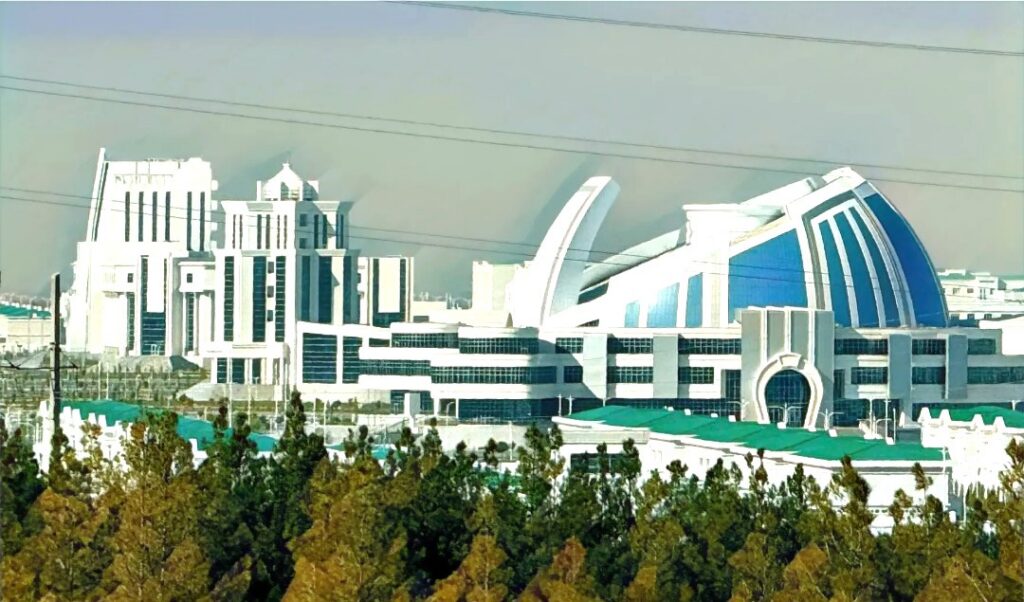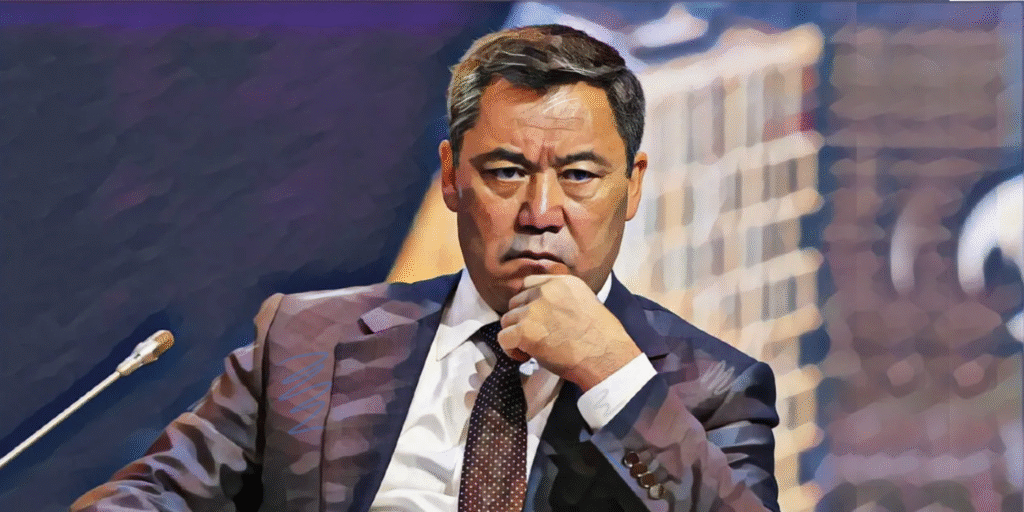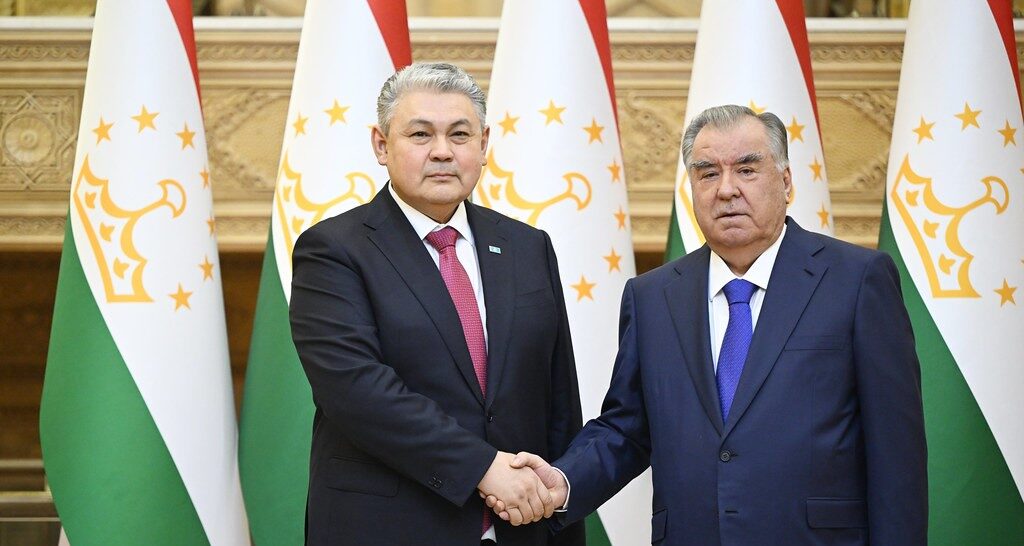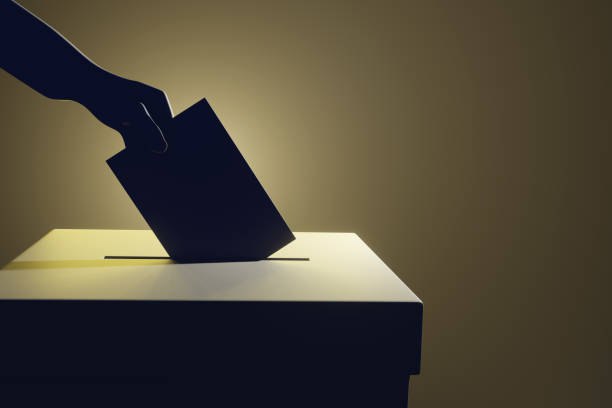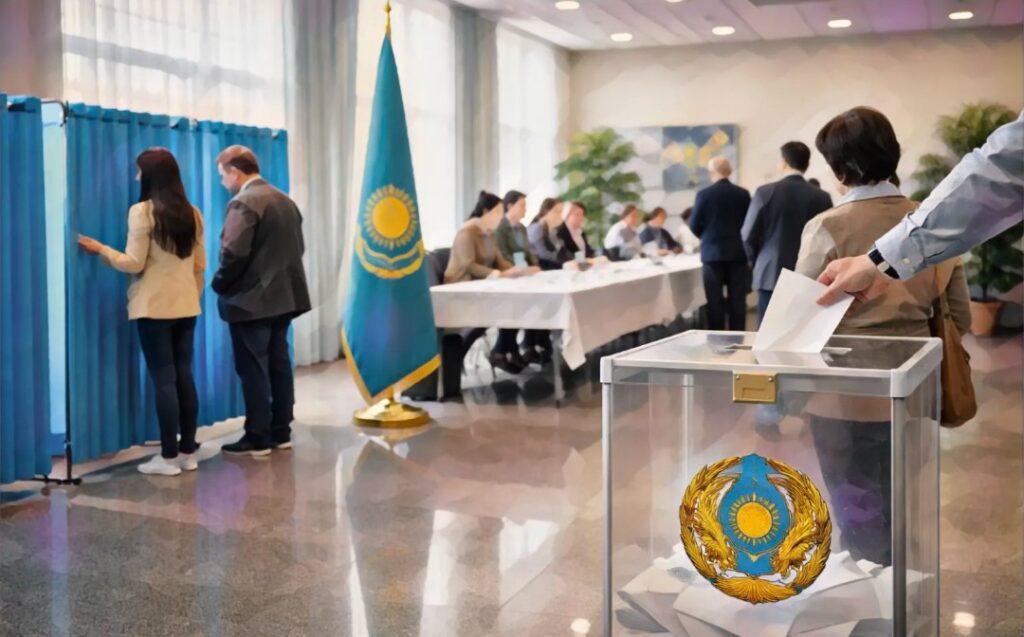Kazakhstan Moves to Require Content Creators and Online Course Authors to Confirm Qualifications
Kazakhstan is preparing new legislative measures that would tighten requirements for content creators and authors of online courses who publish educational content. Under the proposed rules, such materials would have to include confirmation of the author’s relevant education or professional qualifications. The initiative is outlined in an official response by Prime Minister Olzhas Bektenov to a parliamentary inquiry regarding the regulation of online educational content. According to Bektenov, a draft law on online platforms and mass media has already been developed, along with amendments to the Code of Administrative Offenses. The proposed legislation would require users of online platforms who distribute educational courses or training materials in a specific field to disclose information confirming their qualifications, including details of a diploma or certificate. The government also plans to introduce administrative liability for online platforms operating in Kazakhstan that fail to comply with authorized bodies’ orders to remove illegal content. Authorities note that existing legislation already provides for advertising and selling unregistered medicines and prescription drugs. Bektenov stated that state bodies continuously monitor social networks and cooperate with the administrations of major platforms, including Meta and TikTok, to remove prohibited content. According to him, up to 91% of identified violating materials are removed from TikTok. Oversight is also conducted through the Cyber Surveillance system, which tracks advertisements related to pyramid schemes, online casinos and drug trafficking. Over the past year, authorities identified and blocked more than 13,800 pieces of content promoting drugs, more than 34,700 posts advertising online casinos and over 13,500 materials involving citizens in pyramid schemes. Access to the relevant resources was restricted, and site owners were issued warnings. The Times of Central Asia previously reported that members of the Senate, the upper house of parliament, had proposed introducing licensing requirements for content creators in response to widespread violations of the ban on advertising online casinos on social networks and messaging platforms.

